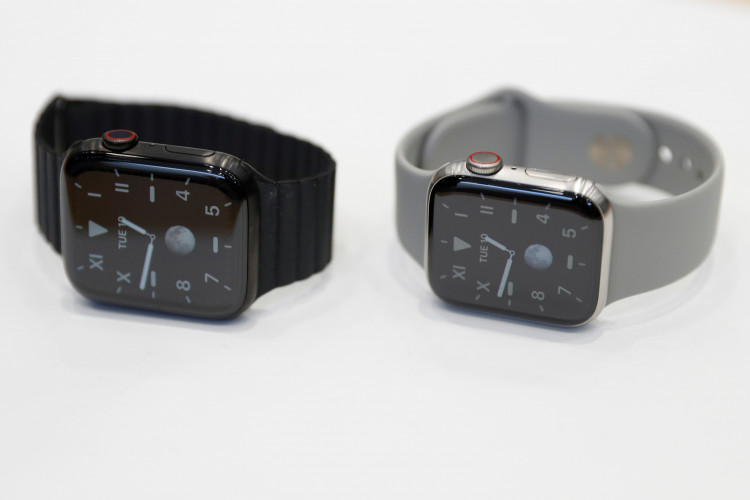A new report claims that Apple has been approved an exemption from tariffs on Chinese imports for its line of smartwatches. The approval, granted by the U.S. Trade Representative, was dated Friday.
According to Bloomberg, who obtained the USTR's letter to Apple, the Cupertino tech giant filed a request last year urging the trade body not to impose new fees as it would affect its competitiveness, as well as its monetary contribution to the U.S. economy.
U.S. President Donald Trump imposed a tariff of 15% on a list of goods in September 2019, which included the Apple Watch. In February 2020, the tariff was halved following a successful trade deal with Beijing. The tariffs on Chinese imports include all products made by Apple, such as the Apple TV, Mac, iPad, iPhone, AirPods, and its list of accessories like batteries, monitors, and other repair parts.
In its request last year, Apple argued that the Apple Watch should be excluded from the tariff because "it is not strategically important or related to 'Made in China 2025' or other Chinese industrial programs." The iPhone-maker also said it had not named a source apart from China that's capable of meeting the demand for the device in the coming year in the U.S.
Meanwhile, Apple has stopped limiting the number of iPhones and iPads consumers can buy via its online store, after momentarily stopping people from making purchases of more than two each of certain devices. The restrictions applied to the iPhone 8, iPhone 8 Plus, iPhone XR, iPhone 11, iPhone 11 Pro, and iPhone 11 Max, along with the new iPad Pro models Apple unveiled last Wednesday.
While the company hasn't stated its reasons for limiting its products, it's implied the restrictions are due to the coronavirus outbreak impacting the supply chain. The company earlier shuttered all of its retail stores to limit the virus' spread.
The new strain of coronavirus, which causes a severe respiratory disease called COVID-19, was first recorded in Wuhan, China, in December last year and has since spread across the globe. The deadly virus has already infected more than 300,000 people and caused over 14,000 deaths globally.
Apple last month announced that it's likely to postpone its quarterly revenue guidance due to the impact of the coronavirus pandemic on its Chinese consumers and its production facilities in the country. In January, the company shut down its retail stores in China, but they've since resumed operations.






